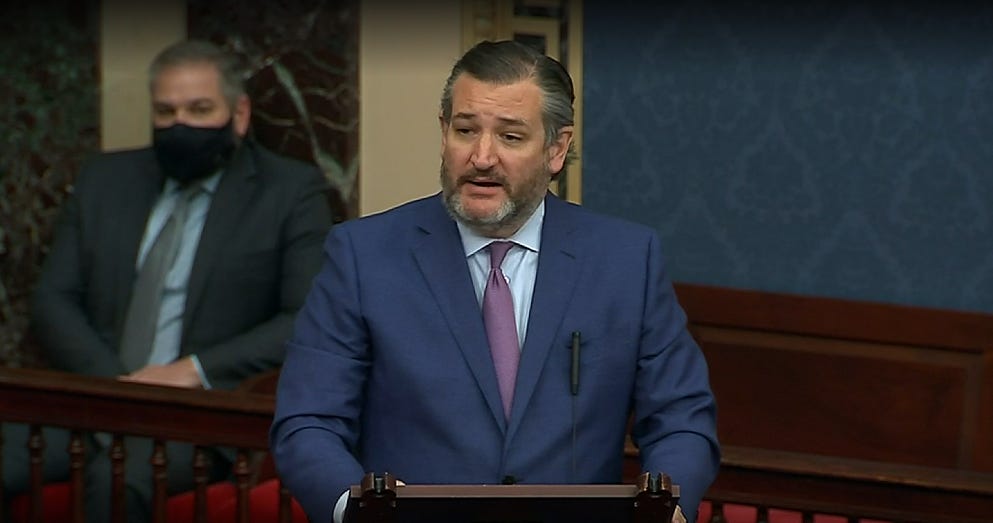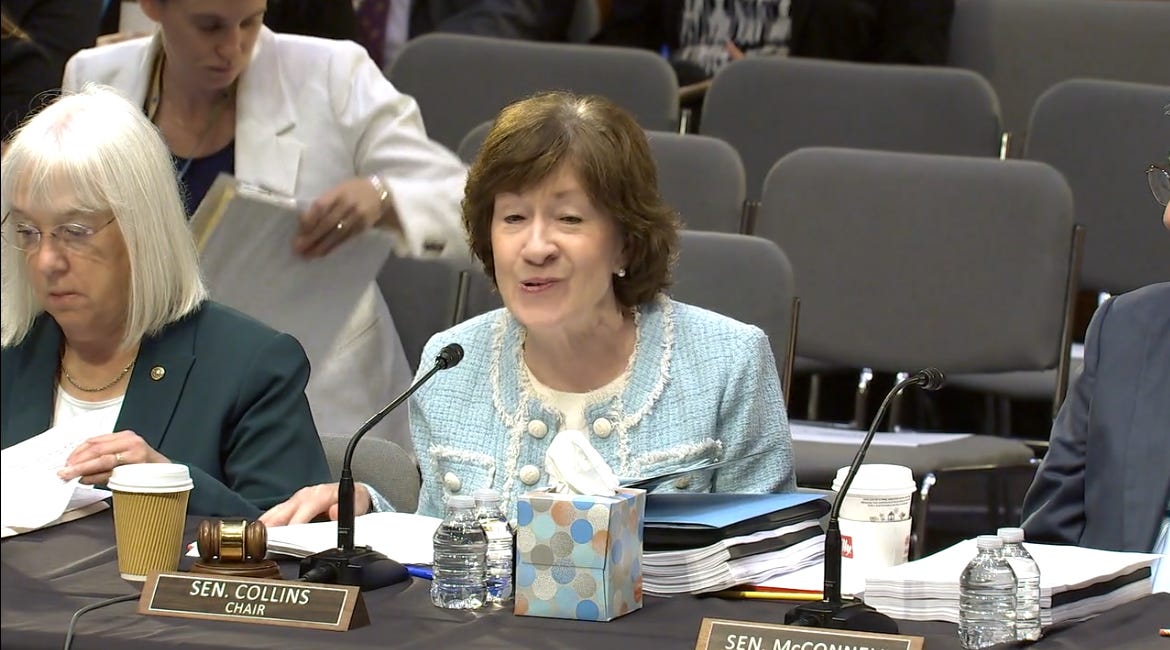What are the qualities that make a good legislator?
Also: The Senate and House of Representative disagree on legislative branch funding.

Last month, I had the pleasure of participating in a question and answer session in front of 75 students who are spending some of their precious summer weeks at AEI. My colleague Riley Millburne served up questions to AEI Senior Fellow John C. Fortier about elections and to me about Congress.
One of the questions Millburne asked me was one I often get: “Is Congress failing?” My answer was “Yes and no.” It depends on your evaluative criteria. If, for example, you think Congress should competently carry out its duties to appropriate funds and levy tariffs and ensure the executive takes care to faithfully execute the laws, well, our national legislature is doing poorly. On the other hand, if you think Congress’s primary duty is to make laws, then you will be pleased to learn that Congress still cranks out thousands of pages of laws every year.
The audience’s questions were superb, and one of them was especially elegant: “What are the qualities that make a good legislator?”
I had to pause before answering, because the answer is pretty complex. There is no official job description for a member of the House of Representatives or senator. The US Constitution gives us various hints as to what these folks are supposed to do. Legislators have various institutional duties—members of the House, for example, have the authority to introduce articles of impeachment against officials in the executive and judicial branches.
Legislators also have duties to their parties and imperatives to represent the individuals in their home districts and states. But what exactly does “represent” mean? Does it mean to simply do what you think a majority wants, even if it is foolish?
The last two times I taught a Intro to Congress course to undergraduates I posed this question to them: Was Sen. Ted Cruz (R-TX) being a good legislator when he objected to the results of the 2020 presidential election because some of his constituents thought the race had been stolen?
Up there on stage, I had only a couple minutes to answer the student’s question, so I said roughly this: “The qualities of a good legislator include an ability to listen to others and to bargain with them in good faith.” Our Congress cannot do very much—outside the reconciliation and certain fast-track processes—unless it musters a majority in the House and a supermajority in the Senate. So bargaining across differences is essential to being a lawmaker.
I also noted that I understand voters’ anger at the government in Washington, DC, and their desire to send people here to make change. Nonetheless, your vote will be wasted if you cast your ballot for people who style themselves as fighters and promise they will never compromise. These people simply cannot succeed in their jobs and will not change anything, because they cannot build a majority.
The student who asked the question smiled at this answer. I hope she and the other students take it to heart the next time they vote or participate in a campaign.
About that FY2026 House-Senate disagreement on legislative branch funding

In my last newsletter, I noted the House of Representatives had:
passed legislation that would cut the budget of the Government Accountability Office (GAO) by nearly 50 percent. Adding insult to injury, it proposed increasing spending on the Office of Management and Budget.
Yes, you read that right. The GOP House voted “Yea” to weakening the taxpayer watch dog, the entity that audits and calls out executive agencies for waste, fraud, and abuse. And it wants to give more to the president’s budget office, which is abetting the Department of Government Efficiency’s refusal to spend legally appropriated funds.
Late last week, the Senate Appropriations Committee reported its own legislation by a vote of 26-1. It proposes holding GAO’s budget steady and not trimming spending on the Library of Congress.
And speaking of the Library, Sen. Patty Murray (D-WA) stated she was looking to work with Committee Chair Sen. Susan Collins (R-ME) to revise the method of appointment of the Librarian and take the president out of the process. Roll Call’s Justin Papp quotes her as saying:
“Right now, the appointing process for the heads of these agencies involves the executive branch. That does not make a lot of sense, no matter who the president is. And I do believe it’s time to modernize this process and make sure that agency heads are appointed by the legislative branch.”
Readers of UnderstandingCongress.org no doubt recall that earlier this year the Trump Administration fired both the Librarian and her deputy at the Office of Copyright and tried unsuccessfully (so far) to replace them with executive branch employees.
How the fight over the funding of the legislative branch all ends is anything but clear. President Trump and the GOP want to campaign on cutting government, and slashing the First Branch is very tempting. It is politically easier to do than, say, cutting spending on defense or agriculture, which are salient with voters and defended by lobbyists and deep-pocketed interests.
Talk of a possible continuing resolution has been in the air for weeks, and, yes, it is entirely possible that come October 1 (the start of FY2026) spending on the legislative branch will be the same as it is this year.

